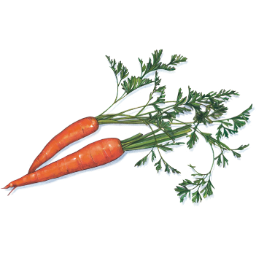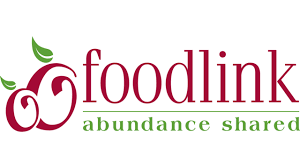Food Resources: how to access and/or contribute

How can I find a food pantry in my community to help feed my family?
All around us there are programs offering a hand up to people struggling to provide quality healthful food to better feed themselves and their families.
The interractive map of New York State Regional Food Banks online at:
www.health.ny.gov/prevention/nutrition/hpnap/regional_foodbank_map.htm allows you to explore food banks in your region. Regional food banks offer assistance to food pantries and kitchens in our communities and can help you narrow down local providers. Foodlink, Inc. is the food bank for the Owl Light News coverage area, see contact information below:

1999 Mt. Read Boulevard
Rochester, NY 14615
Telephone: (585) 328-3380
Website: www.foodlinkny.org
Congregations have historically offered assistance to those in need, and continue to assist by administering programs and offering space for pantries and food kitchens; reaching out to your faith community offers another option for many people.
There are also govenment-based social programs (started in 1930, during the Great Depression) that help provide food for the hungry. Programs, such as SNAP – Supplemental Nutrition Assistance Program, WIC – The Special Supplemental Nutrition Program for Women, Infants and Children and National School Lunch Program (NSLP) | Food and Nutrition Service (USDA) all provide food during our times of need.
For more info. or to seek assistance: Explore DSS services /guidelines at:
www.ny.gov/services/social-programs
; or visit your local DSS office: www.ocfs.ny.gov/main/localdss.asp.
What can we do to help feed those who are hungry in our communities?
If you are at a place in your life where you have the time and resources to support those that are not, you can begin your search for ways to help by contacting local providers using the information outlined above.
All of the pantries and kitchens that the Owl connected with provide their services through the generosity of the communities in which they are located. Many of these programs have been operating for decades, with new volunteers – like you! – stepping up to take over when others no longer can. Volunteers are needed in many different areas and even a small number of hours each month from many people can make a big difference.
Hosting or contributing to food drives, growing and offering surplus produce are also great ways of contributing to area programs – and the source for much of the food for pantries and kitchens.
Even with the welcomed and incredible support of volunteers and abundant responses to food drives, there are still many pantry and kitchen expenses, everything from facility upkeep, manangerial staff, transportation costs for home delivery to those unable to travel and advertising to increase community outreach. Money may indeed be the root of all evil, but it also can play a substantial role in doing good: Financial donations are always appreciated and needed by local providers and offers a direct way to support your community. Many donations are also eligible tax deductions.
Finally, perhaps most importantly, take the time to Read, listen and reflect. If someone is cold and hungry, it does not matter how or what led to that place; they still need support and respect. A simple hello, kind word, cup of coffee or a $1 can make all the difference.